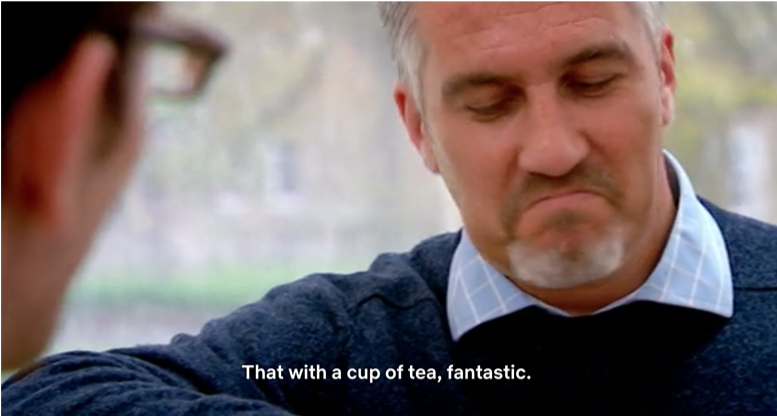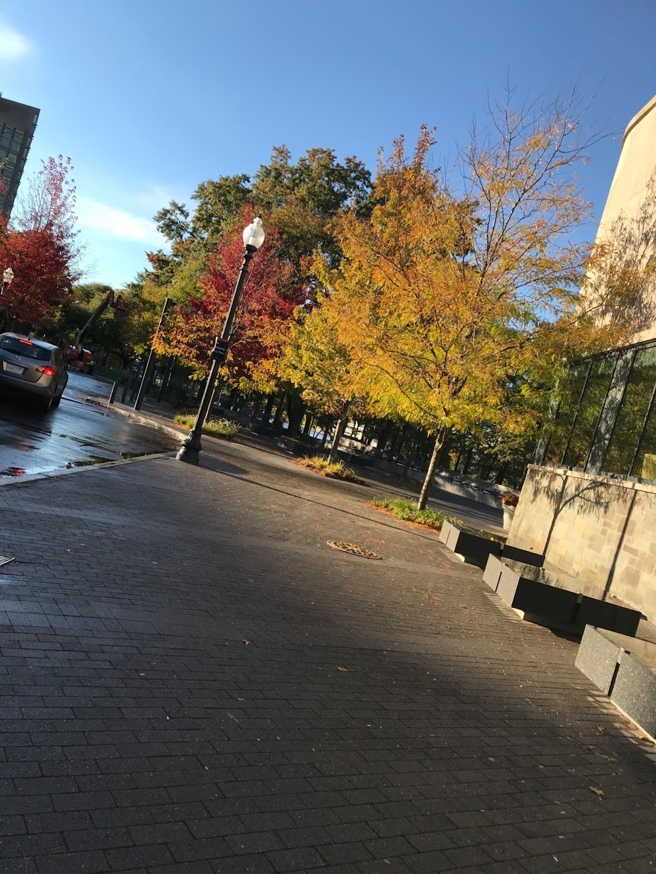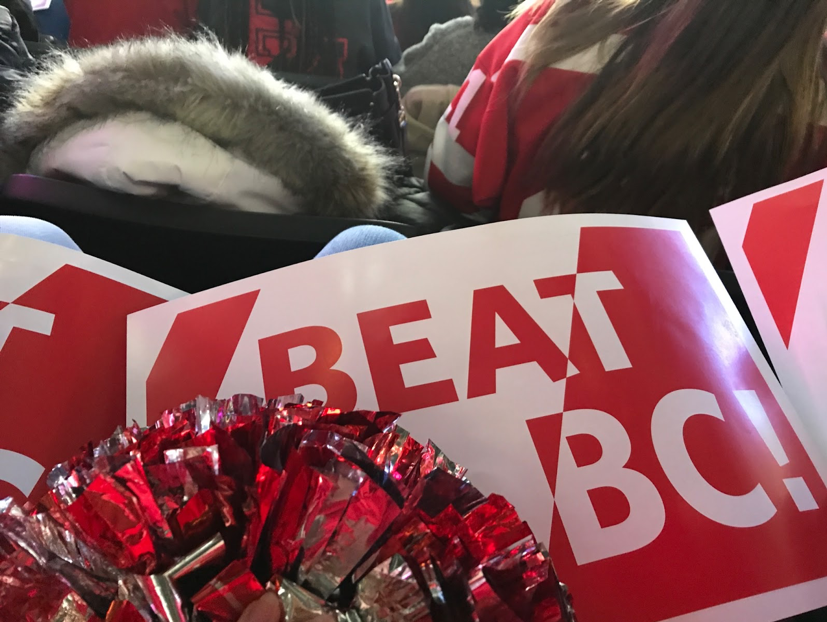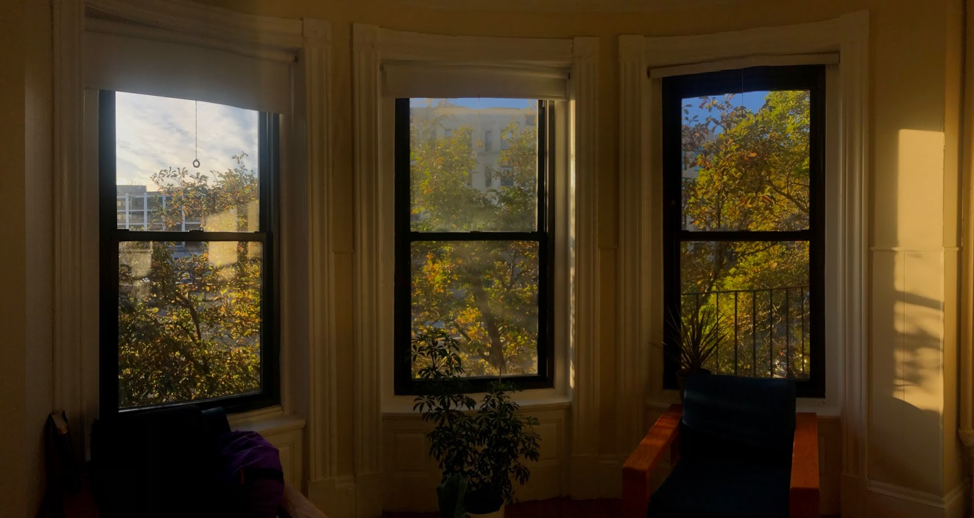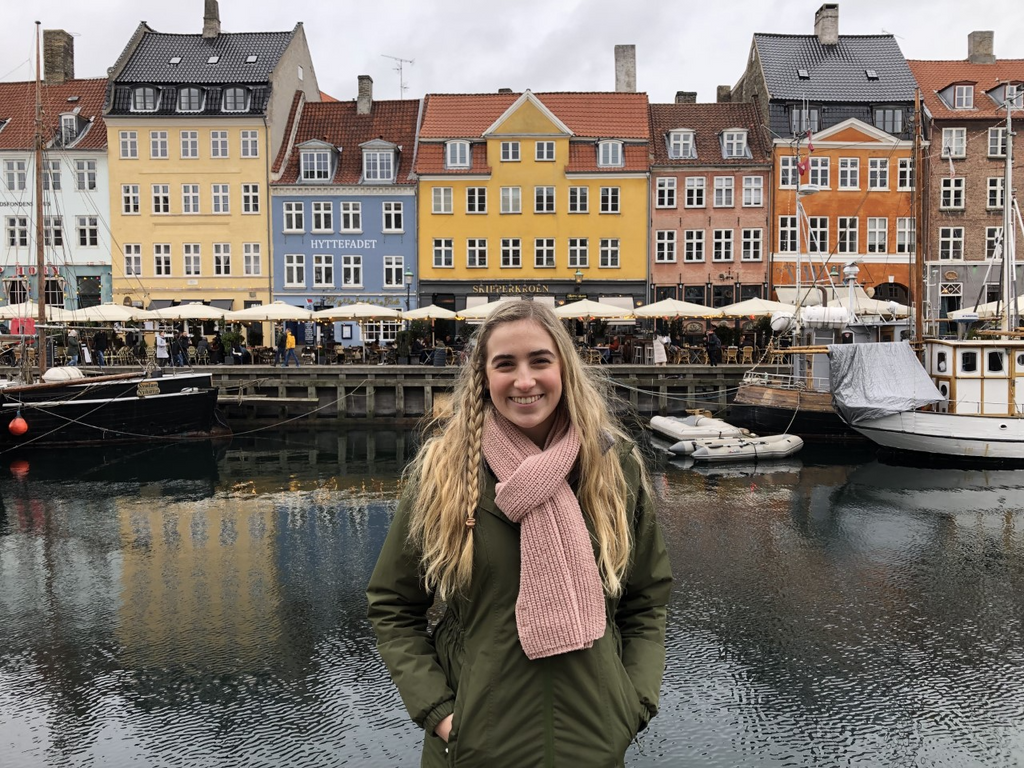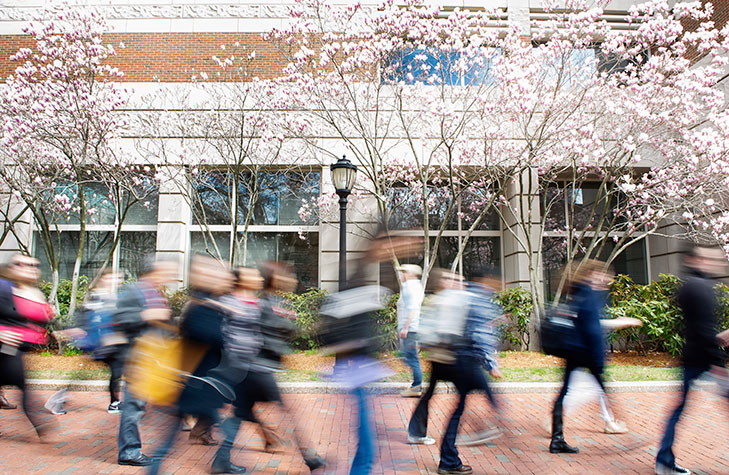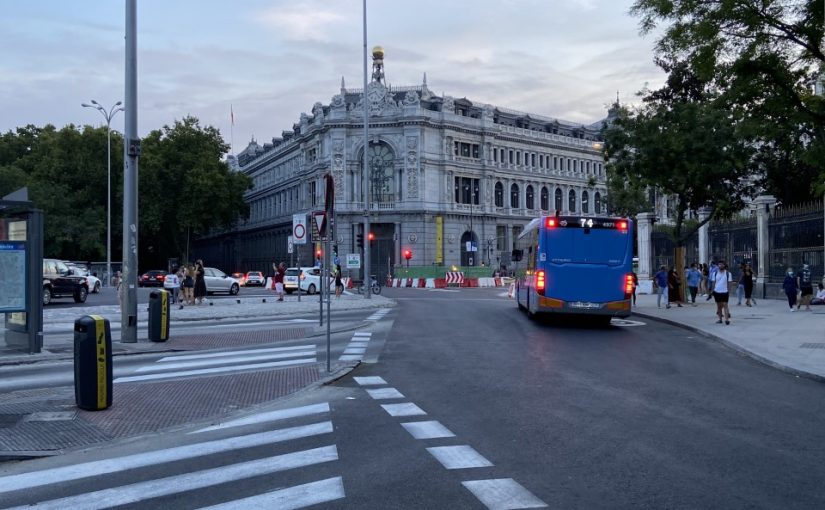Richard Boylan (COM ‘22)
As a Kilachand student, senior year is an undeniably busy time. Between juggling KHC specific classes, the Keystone Symposium, major requirements, and making sure to complete that final HUB credit, adding the prospect of studying abroad to the mix can be overwhelming. Despite the challenges, my decision to study abroad in Los Angeles during my final semester is one that I do not regret. With BU’s numerous abroad programs there is any number of cities and countries you can study in, but figuring out the work, school, and life balance can be challenging so here are some tips:
1. Plan Ahead of Time
Even if you don’t know where you want to study abroad quite yet, once you’ve made the decision to build a study abroad experience into your time at BU, start talking to both your KHC and Major-specific advisors right away. Navigating graduation requirements and class sequences can be tricky and talking with your advisors can often be the easiest way to map out a plan for building a semester abroad into your schedule. Each study abroad program offers its own unique classes and opportunities, often including an internship. The Study Abroad Office even has its own site-specific advisors who can help point out the most popular programs and walk you through the benefits of each.
It’s never too early to start considering your options for studying abroad. As a Film & TV Major, I knew that coming into BU my freshman year, I wanted to spend my last semester in Los Angeles. Working alongside both my advisor at KHC and the COM advisors, I was able to create an academic plan that allowed me to not only study in Los Angeles but in London too and still meet all my requirements.
2. Don’t Overload Yourself
Keep in mind, that every study abroad program offers its own unique set of classes. Often study abroad programs offer culturally specific spins on major-required courses. Each program also offers a host of one-of-a-kind electives that give you the chance to explore your interests further and take classes not offered in Boston. In addition to class requirements, most study abroad programs also include an internship component. The prospect of interning for a professional company is undoubtedly exciting but having a regular work schedule in addition to classes can require more of a commitment than many students are used to.
With all these different requirements vying for your attention, it is important to find a way to manage your time. Keeping track of due dates, knowing which assignments to prioritize, and most importantly taking time to enjoy your new home is crucial to managing stress. Which brings me to my final point…
3. Take Time to Enjoy The Experience
While classes and internships are important, the greatest allure of studying abroad is getting to live in and explore a new city or country. No matter how long it may seem at first, the semester undoubtedly always goes by faster than expected and it would be a shame to miss out on exploring in favor of grinding out homework all the time. Personally, I like making a bucket list ahead of time and made one for both of my semesters in London and Los Angeles. Creating a bucket list with a mixture of touristy “must-see” attractions, more niche experiences, the best food places in the city, and any of your other interests can help you explore parts of a city or country that you wouldn’t have seen otherwise.
The BU Study Abroad Programs also regularly run site-specific experiences to help introduce you to the city and other students in the program. For instance, this semester the Los Angeles program hosted trips to Universal Studios Hollywood, Warner Brothers Studios, and the Academy Museum in addition to several smaller study breaks. Most of these trips are free or heavily discounted, not to mention extremely popular, which make them one of the best ways to explore your new home in an affordable way.
Whether it be Los Angeles, London, or any of the numerous other study abroad programs that BU offers, the opportunity to live and learn in a new place is one that you should take advantage of no matter your class year.

